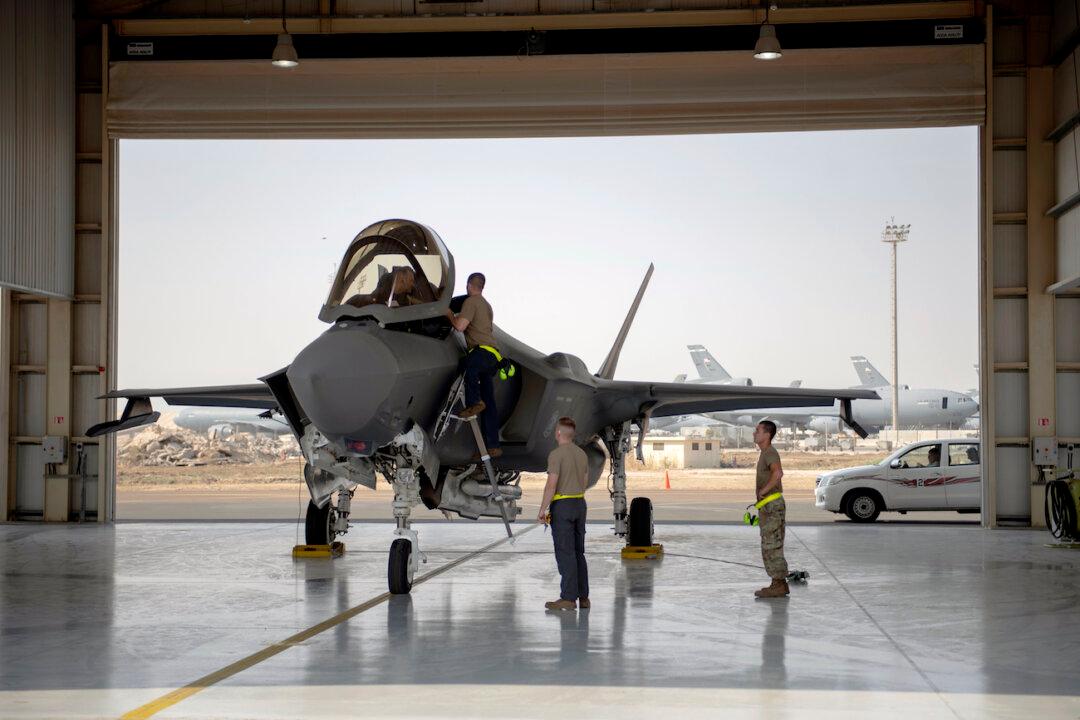The Biden administration has temporarily halted pending arms sales to U.S. allies that were negotiated under the Trump administration, a U.S. State Department official said on Wednesday.
The department is pausing some pending U.S. defence transfers and sales under Foreign Military Sales and Direct Commercial Sales to allow the Biden administration time to review them, the official said.




